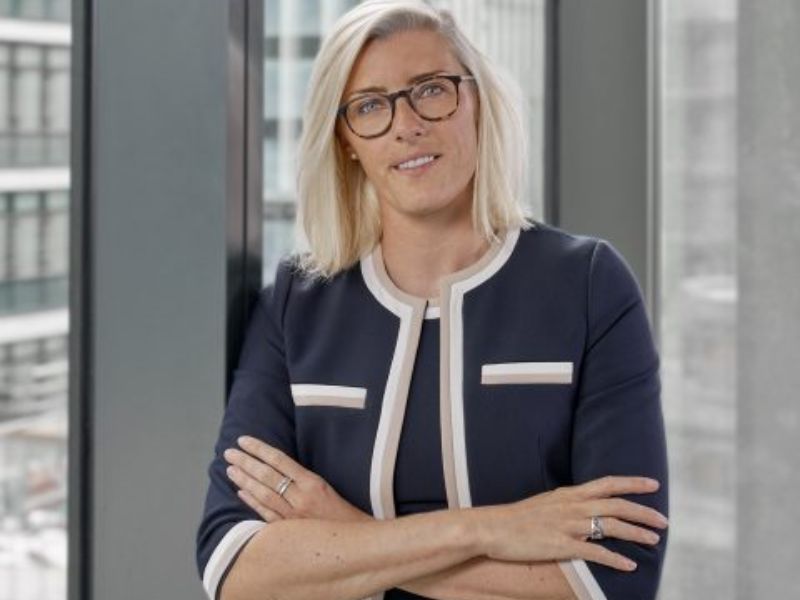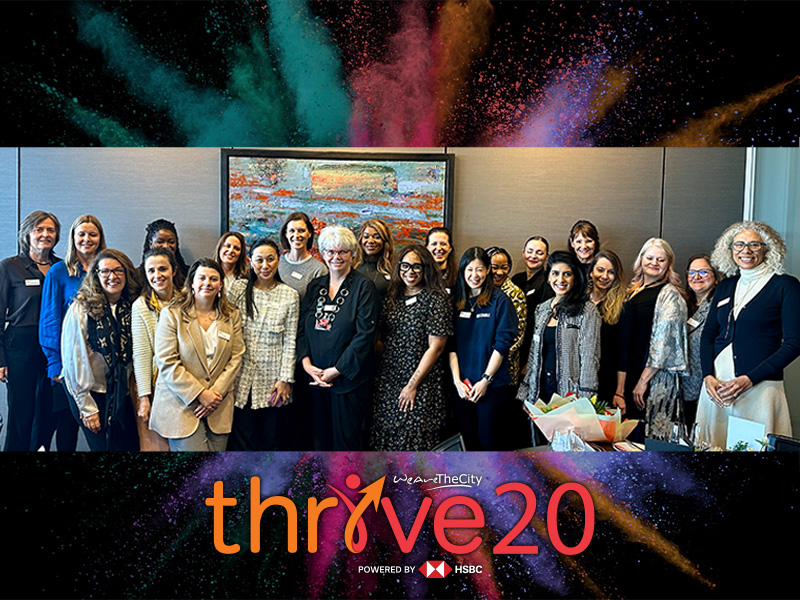HMRC suffered a set-back in March as TV host Lorraine Kelly successfully appealed against its decision to recover £1.2million of unpaid PAYE and NIC deductions against fees paid to her through her personal services company Albatel for the services she had provided to ITV for her Lorraine and Daybreak shows.
HMRC had considered that IR35 legislation applied because, had there been a direct contract between Ms Kelly and ITV, it would have been an employment contract, and so any fees payable to Albatel from ITV should be deemed as salary for Ms Kelly, rather than company revenue, and should therefore subject to PAYE and NIC deductions in the normal way.
Applying established employment status tests, the Tax Tribunal concluded that there was not a hypothetical employment contract. Although ITV was required to pay for her services for 42 weeks of the year (mutuality of obligation), and for those 42 weeks she was required to perform the services personally (personal service), ITV was not obliged to call on her for the services i.e. it could have gone elsewhere. She also had a sufficient degree of control (control) over how the services were performed i.e. she could control the interviews she did and manage her own schedule. This was a key point of differentiation for the Tribunal from the recent case of BBC journalist Christa Ackroyd who was deemed an employee of the BBC because the BBC exercised a higher degree of control over what she was doing for them. Also, despite what the contract said, it was not an exclusive arrangement i.e. Ms Kelly could do (and did work) for other broadcasters (exclusivity) and was not entitled to sick pay, holiday pay or other employee benefits, nor was she entitled to training or appraisals by ITV (integration).
Although a tax case, it outlines yet again the complex considerations for the tax and employment tribunals when evaluating employment status and reiterates the key freedoms which should be given to genuinely self-employed contractors:
- The ability to choose how to carry out the work and their own hours.
- The freedom to choose whether to accept, or reject, work.
- The ability to set their own fee or price.
- The ability to market their services freely and to work for third parties (in reality).
- The ability to freely provide a substitute to carry out work.
- The freedom to use their own equipment.
The Tax Tribunal also found Ms Kelly to be a ‘theatrical artist’ meaning that any payments to her agent would be allowed as a tax-deductible expense. Make of that what you will!
HMRC will no doubt continue to challenge tax payers on their status, and disgruntled individual contractors will also continue to assert their employee status and associated rights and protections if this suits them. This is particularly topical in light of the proposed extension of the public sector off-payroll working rules to the private sector from April 2020 (currently in consultation until the end of May) whereby clients/end users will be required to determine the status of their contractors who are providing their services through personal service companies and where the client/end-user determines IR35 applies, they must apply PAYE/NIC deductions to the payment for the contractor’s services. In other words treat the contractor as a deemed employee for tax purposes (and in addition account for employer’s NIC). If you are providing your services through a personal services company you should be starting to consider your contracts and arrangements and whether they remain fit for purpose going forward.
So what is the key learning from Lorraine Kelly? It is that you should consider yourself a self-employed star. In Ms Kelly’s case the tribunal said “In our view ITV was not employing a ‘servant’ but rather purchasing a product, namely the brand and individual personality of Lorraine Kelly. We concluded that all this supports the conclusion that the appellant was in business on its own account.”
So, if you are setting up on your own, as increasing numbers of professional women are doing, channel Lorraine Kelly in the sense that you are not selling you, but rather a product, which has its own brand, identity, a market presence, a cost, and its own way of working.
Susie Al-Qassab is an employment law partner at Hodge Jones & Allen Solicitors









